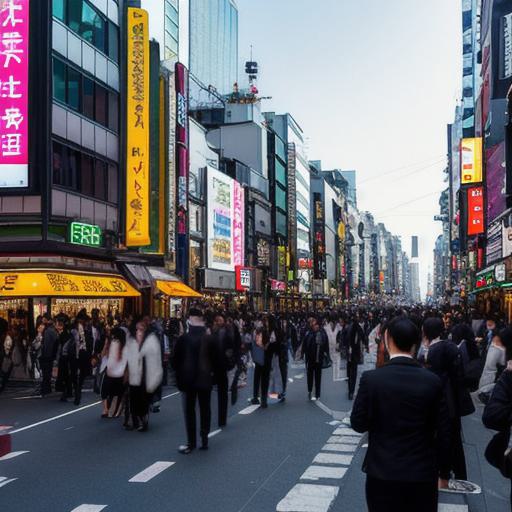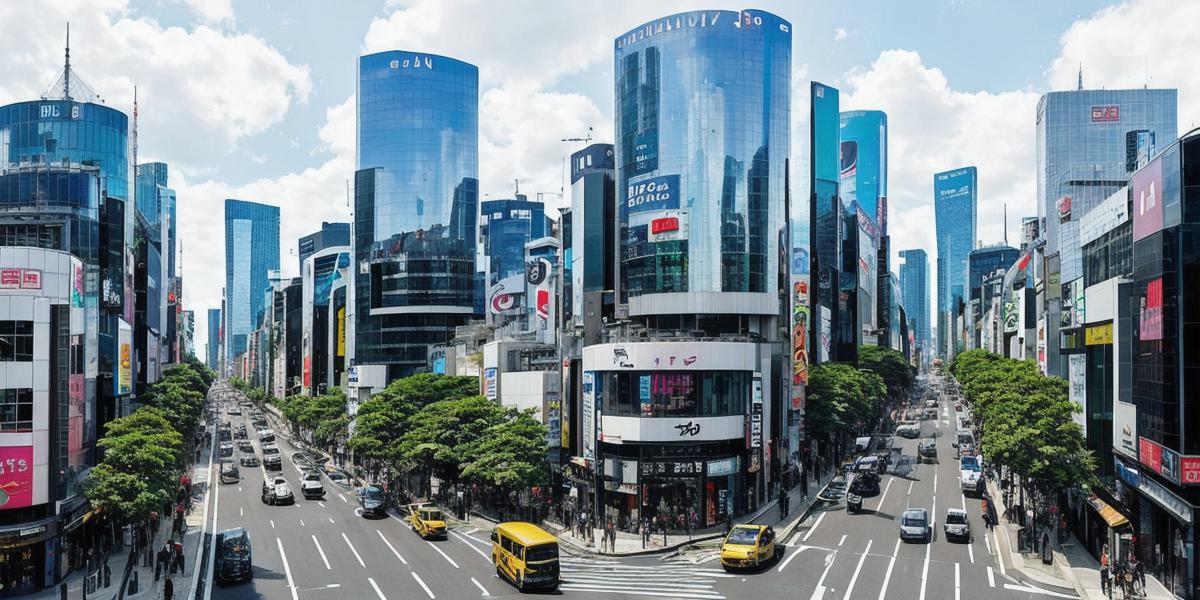Shibuya, one of Tokyo’s most popular tourist destinations, is known for its bustling streets and vibrant nightlife. However, the city has also been a hub for innovation and technology in recent years, with the emergence of Web3 technologies set to revolutionize the way people live, work, and interact with each other.

Web3 is a decentralized network that allows individuals to have more control over their personal data, transactions, and interactions online. It enables users to create and manage their own digital identities without relying on centralized authorities, such as governments or corporations. This technology has the potential to transform Shibuya in several ways, from improving the user experience of online services to making it easier for businesses to operate in a more efficient and secure way.
One of the main benefits of Web3 is its ability to create a more trustless and secure digital environment. With blockchain technology at its core, Web3 provides a tamper-proof record of all transactions and interactions on the network. This means that users can be confident in the authenticity of information they share online and that their personal data is protected from hackers and other malicious actors.

Another advantage of Web3 is its ability to facilitate peer-to-peer transactions, enabling individuals to interact directly with each other without the need for intermediaries. This can be particularly useful in Shibuya, where tourists often rely on local businesses and service providers to navigate the city. By leveraging Web3 technology, these businesses can operate more efficiently and securely, while also providing their customers with a more seamless and personalized experience.
One example of how Web3 technology is being used in Shibuya is through the development of decentralized applications (dApps) that enable users to access a wide range of services directly from their mobile devices. These dApps can be used to book accommodations, order food and drinks, purchase tickets to events, and much more. By leveraging Web3 technology, these dApps can provide users with a more secure and decentralized way to interact with the city’s businesses and services.
Another potential use case for Web3 technology in Shibuya is in the realm of art and culture. With blockchain-based platforms such as OpenSea, artists can now create and sell their works directly to collectors and fans without relying on intermediaries such as galleries or auction houses. This can help to democratize the art world and make it easier for up-and-coming artists to gain exposure and recognition.
Overall, Web3 technology has the potential to revolutionize Shibuya in several ways, from improving the user experience of online services to making it easier for businesses to operate in a more efficient and secure way. As the city continues to evolve and adapt to new technologies, Web3 is likely to play an increasingly important role in shaping its future.
